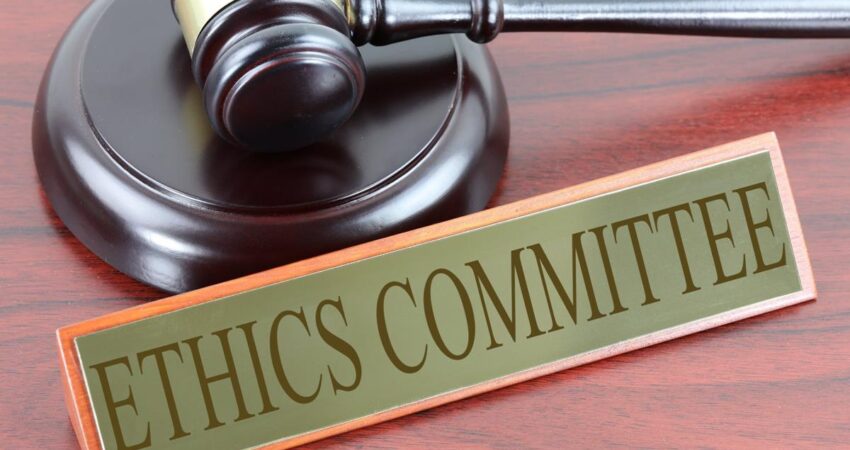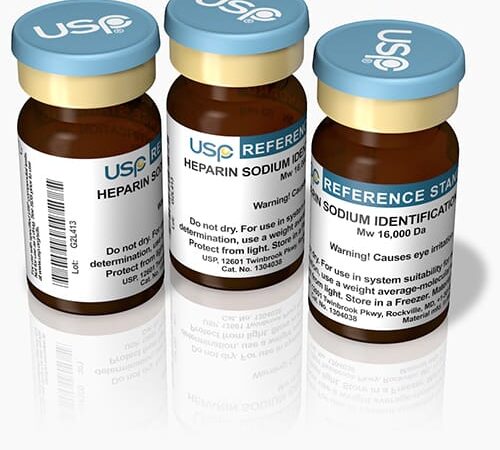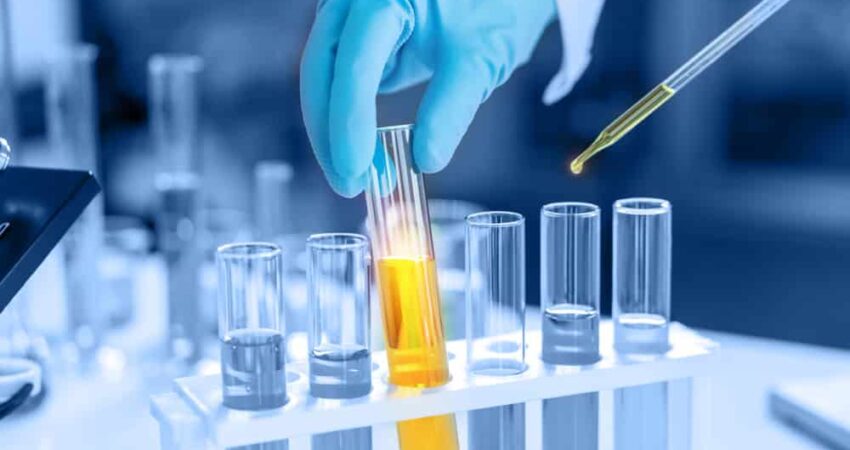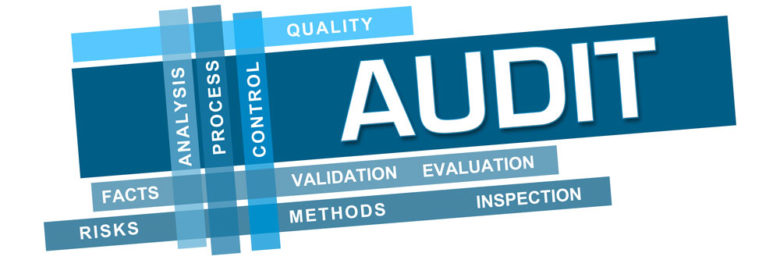Ethics Committee is a body responsible for ensuring that medical experimentation and human subject research are carried out in an ethical manner in accordance with national and international laws. Central Drugs Standard Control Organization, the national drug regulatory authority has…


Pharma is a highly regulated industry. Regulatory audits are an integral part of the drug regulations. Any pharmaceutical industry having a global presence undergo numerous audits in a year by various regulatory agencies. This not only affects their productivity but…

Testing of identity, strength, quality and purity of pharmaceuticals such as drug substances, excipients and products requires them to be compared with a substance which is highly purified and characterized. The US Pharmacopeia (USP) defines reference standard materials as "highly…

Going by the classical definition, an impurity can be defined as an unwanted chemical substance which differs from the chemical composition of the material in question. In pharmaceutical preparations, impurities identification, assessment and quantification play a vital role in evaluating…

“Audit is a systematic, independent, and documented assessment to determine whether agreed upon requirements are being met and will continue to be met”. In the present article we shall be able to understand the Basics of audits and Key Roles…
Recent Post
- CDSCO Issues Public Notice on Disposal of Long-Pending SUGAM Applications
- India Bans High-Dose Nimesulide: What You Need to Know
- Compounding of Offences under the Drugs and Cosmetics Act, 1940: What Stakeholders Need to Know
- 🚨 CDSCO Directive on Immediate Inspections as per Revised Schedule M – Is Your Facility Ready?
- CDSCO Issues Regulatory Clarification on Combi-Pack Approvals: Key Insights for Injectable Manufacturers

.png
)